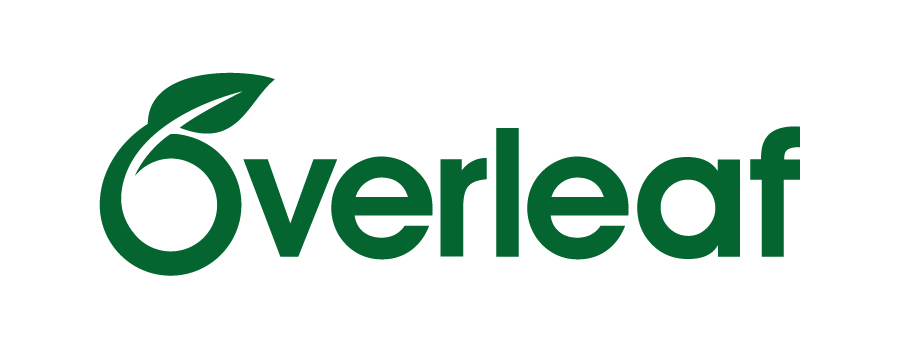Kecenderungan Neurotik, Relasi dalam Keluarga, Penyesuaian Sosial dan Resiliensi pada Penderita HIV Positif
Abstract
Jumlah penderita HIV positif semakin meningkat setiap tahunnya. Peningkatan angka penderita HIV positif yang drastis patut menjadi perhatian bagi praktisi medis maupun psikologi dan telah banyak dikaji untuk pemetaan demografis. Tujuan dilakukannya penelitian ini adalah untuk mengetahui hubungan kecenderungan neurotik, relasi dalam keluarga dan penyesuaian sosial terhadap resiliensi penderita HIV positif. Penelitian ini termasuk dalam penelitian kuantitatif dengan menggunakan empat variable. Instrumen yang digunakan yaitu Neuroticsm Scale Questionnaire, Index of Family Relation, Social Adjustment Scale-Self Report—Modified dan Resilience Scale. Hasil penelitian menunjukkan bahwa relasi dalam keluarga berkontribusi secara signifikan terhadap kecenderungan neurotik, dengan sumbangan kontribusi sebesar 31,25%. Relasi dalam keluarga dan kecenderungan neurotik berkontribusi secara simultan dan signifikan terhadap resiliensi. Relasi dalam keluarga yang secara langsung mempengaruhi resiliensi memiliki kontribusi sebesar 10,43%. Kecenderungan neurotik yang secara langsung mempengaruhi resiliensi memiliki kontribusi sebesar 31,92%. Relasi dalam keluarga dan kecenderungan neurotik yang secara langsung mempengaruhi resiliensi memiliki kontribusi sebesar 62,7% dan sisanya dipengaruhi oleh faktor-faktor lain yang tidak dapat dijelaskan dalam penelitian. Untuk variabel penyesuaian sosial tidak memiliki pengaruh langsung terhadap resiliensi secara statistik.
Kata Kunci Kecenderungan Neurotik, Relasi dalam Keluarga, Penyesuaian Sosial, Resiliensi Penderita HIV Positif
Downloads
Downloads
How to Cite
Issue
Section
License
Authors who publish with Psychological Journal: Science and Practice (PJSP) agree to the following terms:
- For all articles published in Psychological Journal: Science and Practice (PJSP), copyright is retained by the authors. Authors give permission to the publisher to announce the work with conditions. When the manuscript is accepted for publication, the authors agree to automatic transfer of the publishing right to the publisher.
- Authors retain copyright and grant the journal right of first publication with the work simultaneously licensed under a Creative Commons Attribution-ShareAlike 4.0 International License that allows others to share the work with an acknowledgment of the work's authorship and initial publication in this journal.
- Authors are able to enter into separate, additional contractual arrangements for the non-exclusive distribution of the journal's published version of the work (e.g., post it to an institutional repository or publish it in a book), with an acknowledgment of its initial publication in this journal.
- Authors are permitted and encouraged to post their work online (e.g., in institutional repositories or on their website) prior to and during the submission process, as it can lead to productive exchanges, as well as earlier and greater citation of published wor (See The Effect of Open Access).
This work is licensed under a Creative Commons Attribution-ShareAlike 4.0 International License.








